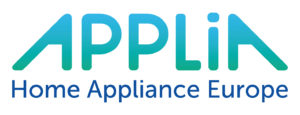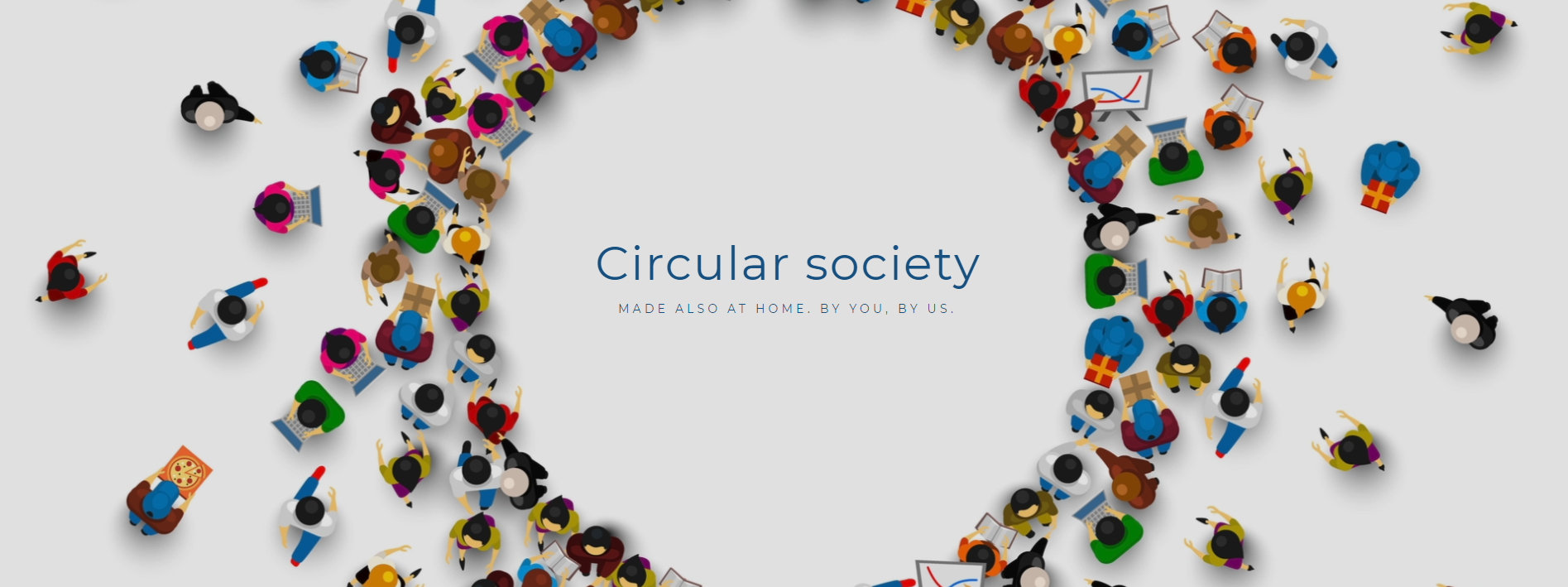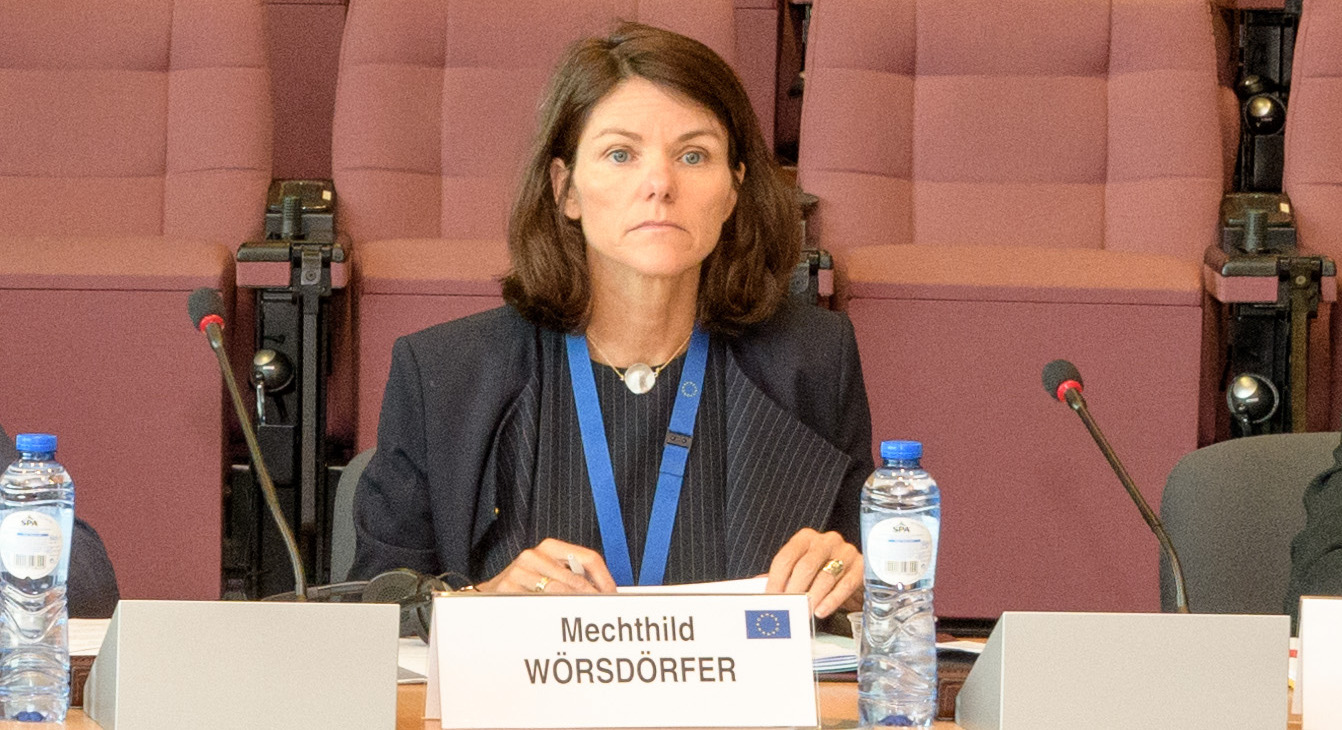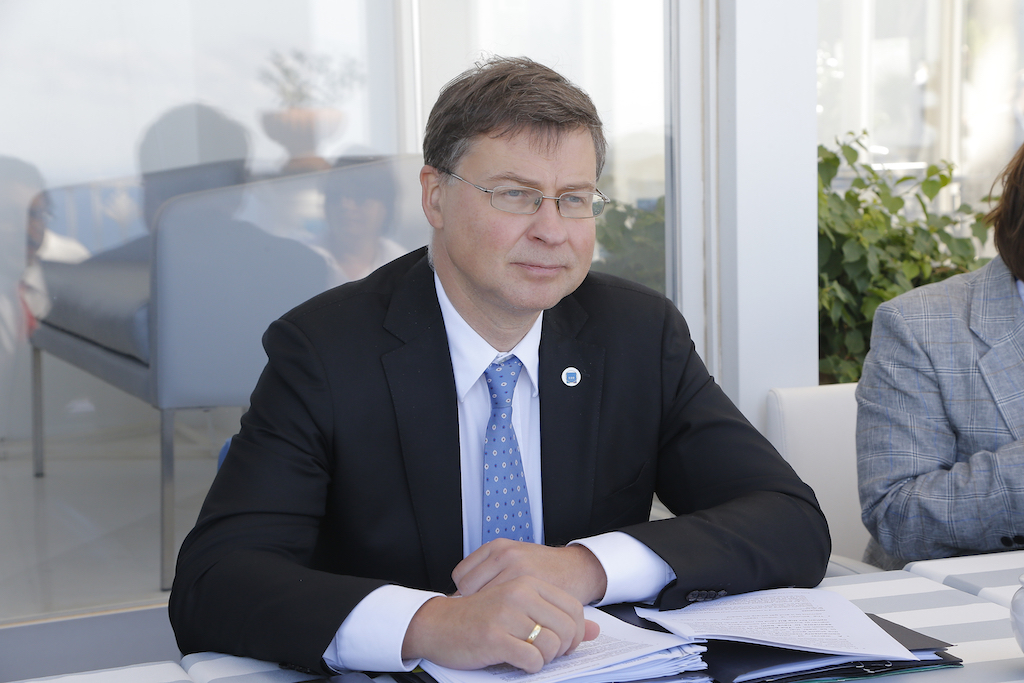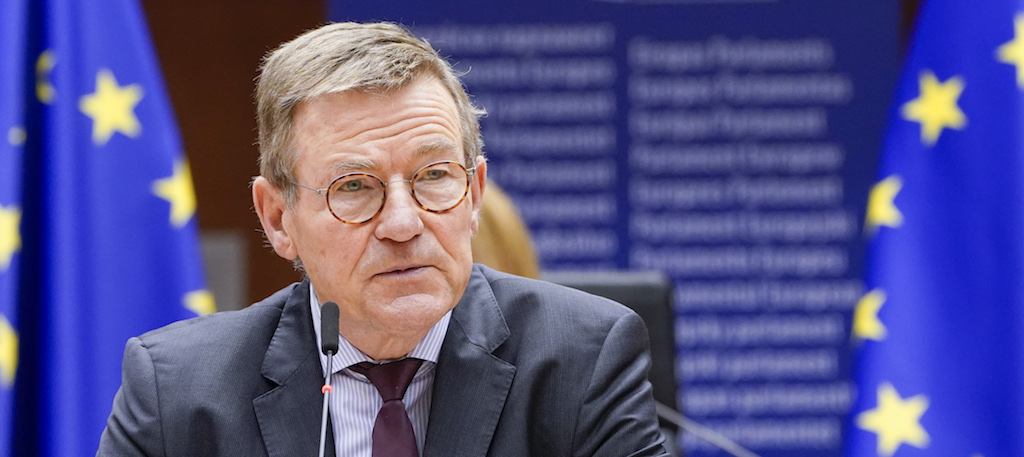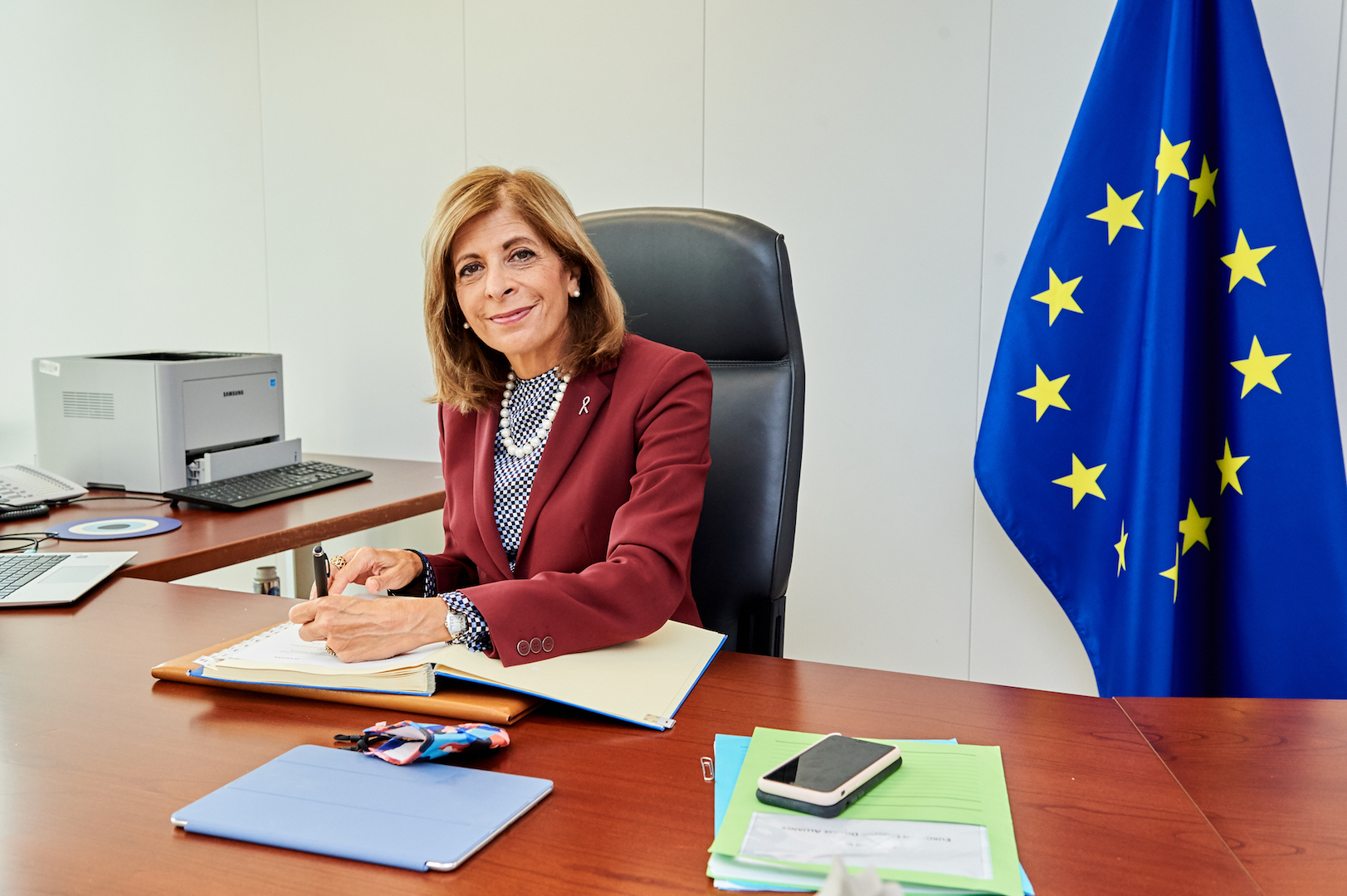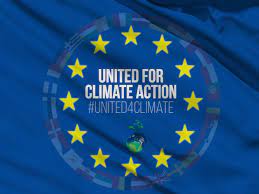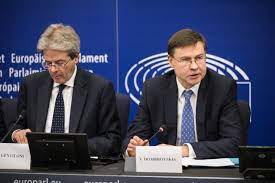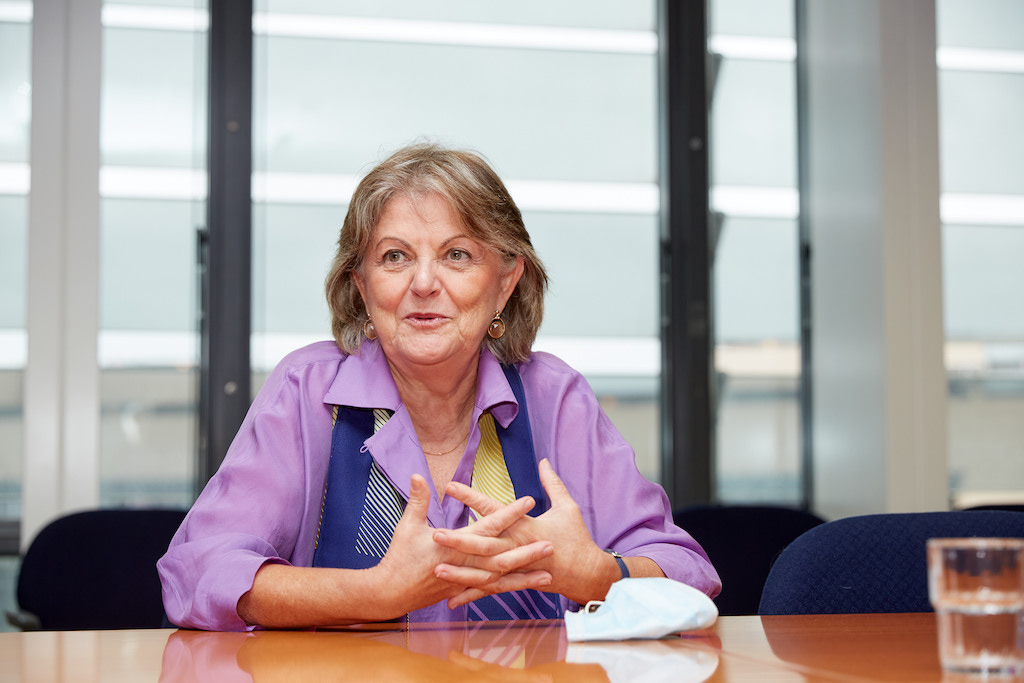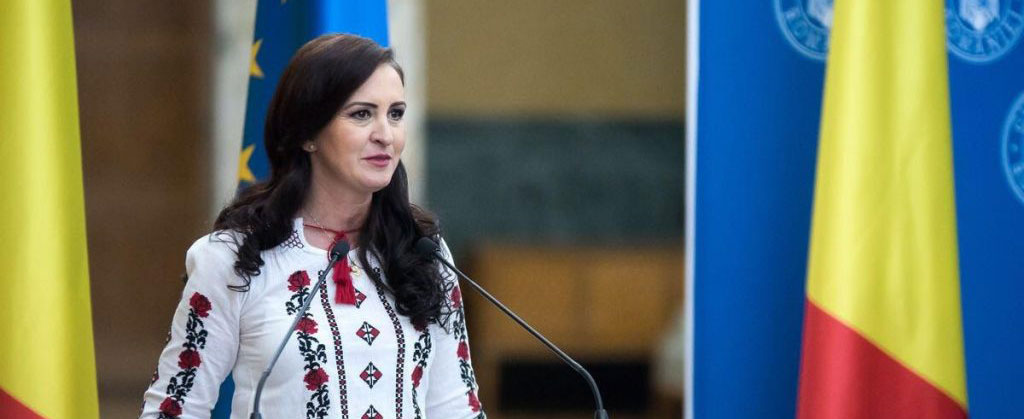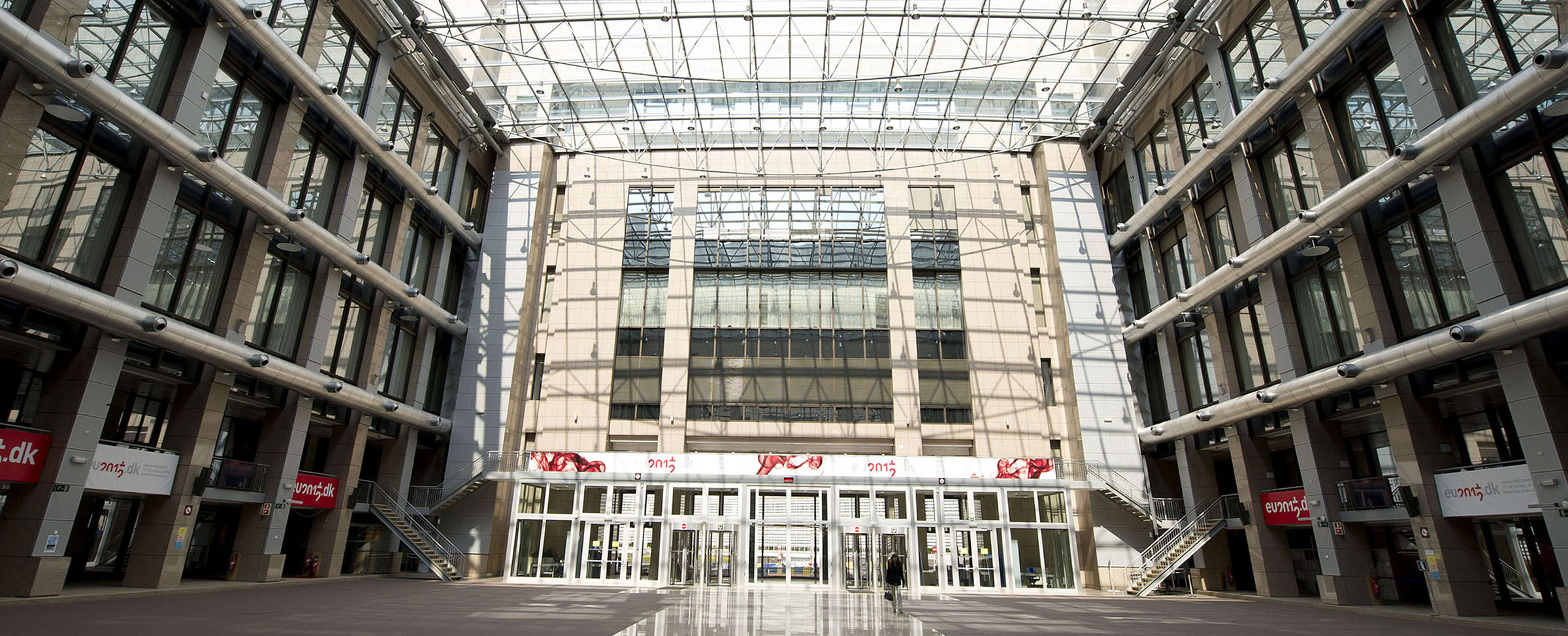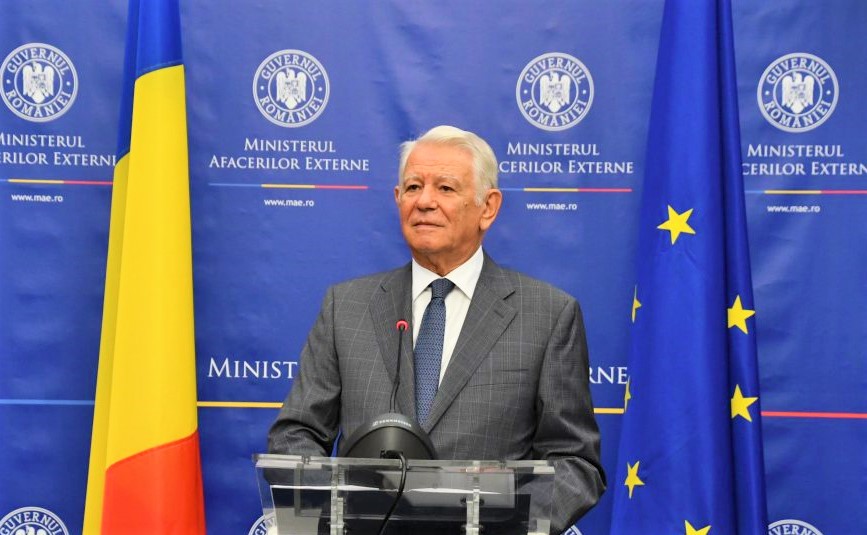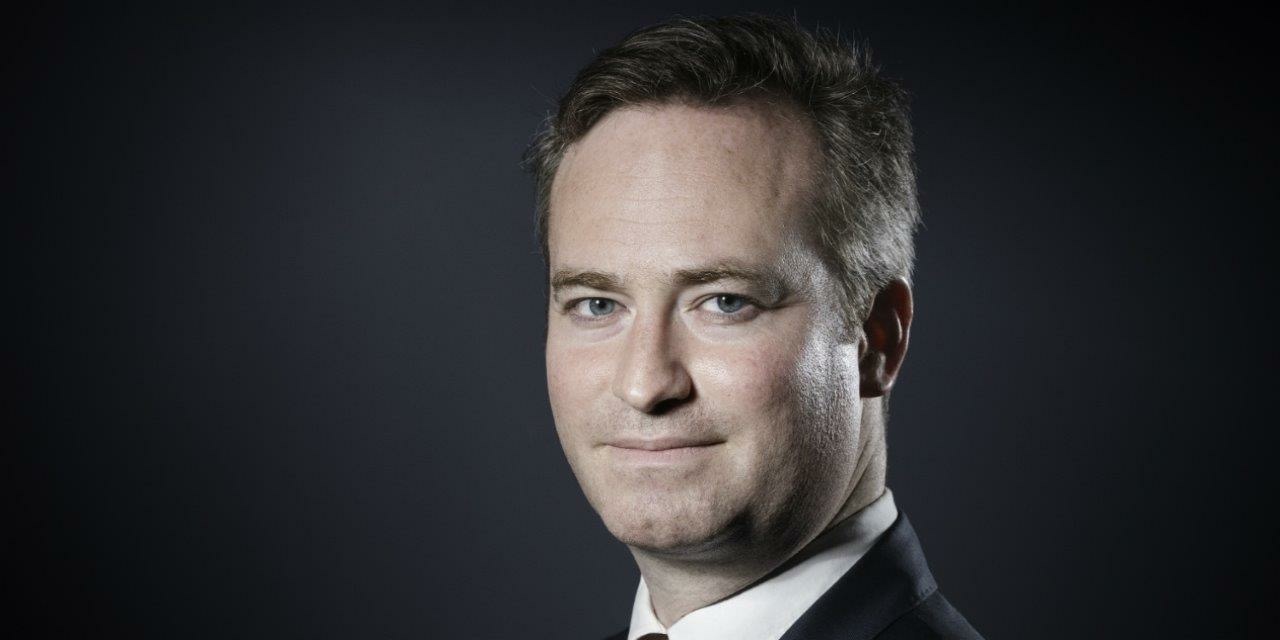
Can you introduce APPLiA Europe, its missions, its skills? (In 3 words …)
APPLiA is a Brussels-based trade association that provides a single, consensual voice for the home appliance industry in Europe. APPLiA’s mission is to represent the sector, to unite its diverse members into a single, dynamic, political actor, to shape European policy and to empower policy makers by providing the knowledge they need to make informed decisions.
You recently participated in a debate on the “Eco-design” directive. What is your policy on this topic and what do you recommend?
This is correct. Ecodesign is one of the major topics that APPLiA follows closely.
The tool has proved to be effective because it regulates measurable, verifiable parameters of the product on the basis of a clear and transparent methodology.
The European Commission risks taking this further by proposing ecodesign measures that are planning to phase out a wide range of efficient and affordable products from the market, such as dishwashers.
By leaving only top-class products in shops, the Commission’s proposals could undermine the incentive for some EU citizens to buy a dishwasher and end a lot less efficient alternative – the washing of dishes by hand. The electricity in some eastern EU countries for instance costs one-third less than in Germany or Denmark while the price of the appliances is not that different and in Romania, the cost of a top-range dishwasher can be equal to the monthly salary of a civil servant.
As our #Dishwasher4All campaign points out, today, only 3% of the households in Romania own a dishwasher. The other 97% of the Romanian citizens do not have the opportunity to save ten times less water and dramatically lower their energy bills because they are doing the dishes by hand. We strongly believe that the European Commission will take that into consideration and avoid that new measures create a two-speed Europe and an uneven situation among EU households.
What is more, by limiting the access to automatic dishwashing could cause an adverse effect on fighting climate change and achieving the goals of the Paris Agreement.
One last thing that I would like to add on the topic is that legal certainty is crucial and clearly communicated deadlines are essential for the manufacturers to plan and prepare for the transition. It is a must to give manufacturers sufficient time to implement the legal obligation that often require a complete redesign of the products.
You are the initiator of the project “For a circular society” which covers exchanges of good practices in the production, use and recycling of household appliances. what is your role, your initiatives and your objectives for 2020-2030?
I would like to tell you how Circular Society came to live.
Last year, together with our membership, we brainstormed on how to achieve circularity and we started by listing what was already in place. Our manufacturers introduce cutting–edge technologies of today that will redefine the European home of tomorrow, between 2011 and 2015, the sector succeeded in reducing water consumption per product by approximately 30%, while waste generation and energy consumption per product decreased by around 15 %, smart appliances facilitate reparability and maintenance, thanks to remote diagnostics, maintenance advice and failure detections. Our efforts, of course, do not end here and we keep on thinking on how the industry could further improve. And still, we came to the conclusion that some challenges go beyond what a single actor alone could do.
For example, today, 2/3 of the electronic waste is not traced. The value of intrinsic materials to large household appliances makes it beneficial for them to be treated and we need to be able to control all 3/3 of the waste. To ensure proper waste treatment, municipalities need to set up collection points where citizens as you and me can bring their old appliances. The separation of waste in wood-plastic-paper-electronic waste, requires active citizen participation. The treatment of electronic waste requires the direct involvement of producers. The guarantee that everything works regularly, in compliance with community environmental rules, requires supervision by market surveillance authorities. You see very well, every single action count and is interlinked.
This is how we started thinking more and more that we need a Circular Society approach to ensure a circular economy. This one goal embraces all our society and is a societal challenge.
This is our idea for an upgrade to our habits and attitude to the environment. I believe that we all have a brick to add when building a Circular Society and I would like to take the opportunity to invite your readers to share with us what steps do they make towards this big goal. It would be our pleasure to spread the word.
If we could come closer to the Circular Society concept by 2020-2030, myself and APPLiA as a whole would feel as we have contributed to something big.
What are your national and European issues? and what expectations do you expect from the European institutions?
For the small secretariat that we are in Brussels, I have to say that my team manages to cover in detail a large number of major dossiers.
We work on a variety of topics, such as safety of products, everything that is linked to consumers, connectivity, energy efficiency, standardisation and chemical issues.
When it comes to what we expect from the decision makers on European and local level, I would say that this is to produce a smarter and better regulation that help maintain the sector’s competitiveness and unlock our full capacity to contribute to the economy. A clear, consistent policy and infrastructure should go hand in hand with a collaborative process and an on-going dialogue with all interested parties.
On the eve of election, which we can call vital for the future of Europe, what concrete actions will you take? which major topics will you develop? And what message do you want to send to European citizens and consumers?
The next EU term (2019 – 2024) will be crucial for the home appliance sector.
Back in 2015, we launched a long-term vision “Home Appliance 2025” which envisaged three key goals: to advance sustainable lifestyles, to help Europeans live the Connected home and to accelerate Europe’s growth. The new EU constellation will have a big role to play in supporting us to achieve those goals that will benefit all Europeans. But this is my message to the policy makers.
When it comes to the consumers, I would like to ask them two things – to help us come closer to a Circular Society by choosing more sustainable products and to embrace innovative technologies which would not only bring them comfort, but also be a great gesture to the environment.
What are your challenges in the coming years?
The upcoming challenges are not one or two.
The new energy label will be a reality soon. What is now crucial for the European citizens and for the Energy Union to be successful is to introduce a label that continues to promote the progress achieved in energy efficiency and to foster cost-efficient innovations. Communication about the revised energy label is, in fact, one of the key challenges now.
Each rescaling creates the potential for confusion among consumers and market surveillance authorities. In one hand, the European consumers might find themselves in a difficult situation when buying a new appliance as due to the revision, many resource efficient products that were on the top of the scale will be in the lower classes. To make sure that such misunderstandings are minimized as much as possible, future communication campaigns run by the EU and the Member States must make clear that it is the label that has been rescaled and not that the product has become less efficient.
Undoubtedly, the topics we already went through, such as the implementation of the Ecodesign directive and circularity, will remain issues we will keep on working.
Last but not least, I would like to underline the importance of introducing data protection legal framework for the EU in a way that the home appliance sector would still be able to offer innovative products. We stand ready to support the EU institutions in their efforts to produce a more coherent outcome for the data law.
